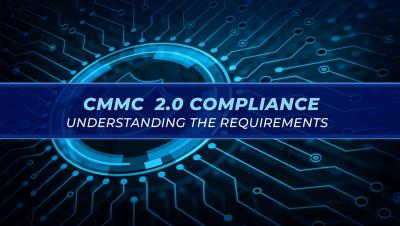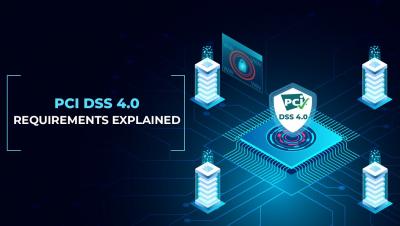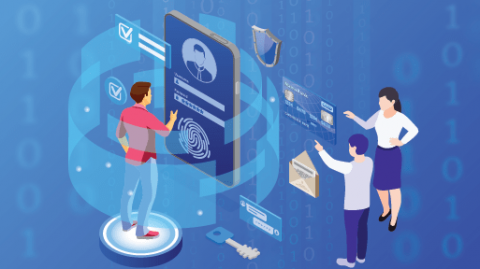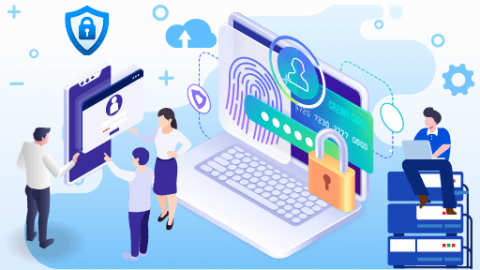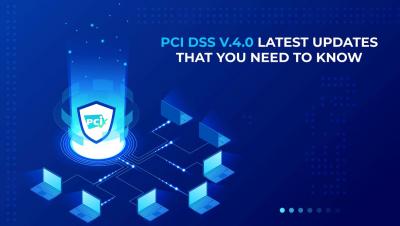Security | Threat Detection | Cyberattacks | DevSecOps | Compliance
VISTA InfoSec
HIPAA Compliance: 5 Healthcare Cyber Security Vulnerabilities
The world of healthcare has gone digital. Records can now be transferred anywhere they are needed, from hospital to hospital, or even directly to the patient’s email inbox. While the digitalization of healthcare records is extremely convenient but it is now equally dangerous. These sensitive PHI data are exposed to various forms of cyber threats and vulnerabilities.
Best Practices of Cybersecurity in Fintech
Fintech, short for ‘financial technology, is the application of new technological advancements to products and services in the financial industry. The Fintech industry is rapidly evolving, driven in part by the adoption of new technologies such as artificial intelligence and blockchain-powered assets. Currently, the Fintech market is projected to reach $190 billion by 2026, growing annually by 13.7%.
PCI DSS 4 0 Requirements Explained
Top Challenges Faced in the Current Cyber Security Industry
Protecting devices, data, or systems from cyber threats is what cyber security is all about. These cyber-attacks are usually aimed at gaining access to, destroying, or stealing sensitive data, or consumers’ money and disrupting online transactions and business operations. Implementing an effective cyber security system is critical, as the task has grown increasingly difficult.
How to Protect Yourself and Detect Credit Card Fraud?
Most companies are unconcerned about credit card theft until it happens to them. If you sell online or by e-mail, your company is more likely to go bankrupt owing to fraudulent credit card orders. Given the increased reliance on plastic money, credit card theft is extremely damaging. Even consumers, fail to take basic precautions to avoid credit card theft.
Cybersecurity Best Practices for Small Organizations
Cyber security is an important aspect and an integral part of any online business. The layperson has little idea of what threats exist and how to protect against them. And yet, if you own a business you are almost definitely vulnerable to cyber security threats. You don’t need to be a Fortune 500 company to protect against them. By knowing what to do, you can keep your data secure and avoid breaches.
How Should Employees Be Trained for Cyber Security?
Cyber security risks have never been more apparent and costly. According to the survey data, the average cost to the U.S. organizations that experienced a cybersecurity breach in 2020 was approximately 8.64 million dollars per incident, up almost a half-million dollars from 2019. Rates of cyber security attacks and identity theft have significantly increased and seem to be only becoming easier for hackers and cybercriminals.
PCI DSS v.4.0 Latest Updates That You Need to Know
Why Cybersecurity is Worth the Cost for Your Business
You probably have some form of cybersecurity program already in place. Maybe a Norton app that scanned this page for you before you opened it. While that may be good but yet not be enough to tackle or address the evolving cyber threats in the industry. We live in an era of rampant cyber security threats. Mistakes are as easy to make as they are punishing. In this article today let us take a look at why developing a cybersecurity program is worth the cost for your business.


